The content of the article
The Leningrad giant is a tomato variety that can bring a very early harvest to a gardener, and at the same time its fruits will be unusually large and sugar. In particular, these tomatoes grow actively if they are covered with a protective film, whether it is a greenhouse or agrofibre. In such conditions, this variety will give the first fruits of fragrant tomatoes in 85 days.
Grade description
The Leningrad giant is an exceptional variety, because, despite the fact that the tomato bushes are stunted, the fruits grow quite large. On average, the bushes do not reach above 90 cm. The culture has rather large dark green leaves, but there are few of them on the stem. Above the 8th-9th leaf, the plant usually lays the first flower brush, the rest are arranged with an interval of 1-2 leaves.
Main characteristics:
- Flat round shape.
- The color of the ripened fruit is pink.
- Smooth, dense skin with a ribbed surface.
- Weight up to 300 g.
- Unripe fruits have a green color and with a dark spot at the stalk.
- Sweet taste.
- The pulp is quite fleshy, juicy.
Planting and growing
Greenhouse recesses must be filled with hot manure 8-10 days before. Manure must be laid loose enough, with the exception of the middle and walls, where it needs to be compacted. After four days, the settled biomaterial should be leveled, and then it should be covered with a layer of earth of 15-17 cm. The soil temperature should reach 25 degrees above zero, only after that you can plant seeds.
Seedlings need to dive. The planting pattern of tomatoes is 70 to 40 cm. For a better development of the root system, up to a third of the roots are removed from tomato shoots before the transplant.
Transplanted plants must be carefully looked after:
- First you need to water once every 5 days (1 bucket per 1 sq. M) under the root, later in May, watering should be done daily.
- After 6-7 days, the bushes should be fed with a solution of biomaterial (proportion 1 to 8). You can also use ammonium nitrate (50 g per 1 bucket of water).
- If the stems of the bushes turn purple, you need to add a solution of wood ash (75 g of raw material per 10 l of water) to the soil.
- The film coating can be removed from time to time so that the bushes are ventilated, for example, on sunny days.
- 2 weeks before disembarkation, it is necessary to harden. To do this, you will have to open the greenhouse for the first time for 2-3 hours, and then gradually increase this time to 7-8 hours. At the very end of cultivation, it is necessary to reduce the volume of watering the bushes, and just before planting on the bed, they should be well moistened.
Disease Control, Prevention
Each grower must know what diseases can occur in tomatoes of this variety, and how to determine them based on the symptoms. If you treat the seeds with sublimate and disinfect the soil in hotbeds, this will protect the plant from bacterial cancer.
Often, plant diseases are associated with leaf damage:
- When tomatoes are deficient in phosphorus in the soil or moisture in the airspace, coarse, tubular leaves can be seen on the bush. It is no longer possible to take seeds from this diseased plant for further cultivation.
- If the plant is sick with an infectious disease, then silver-white spots can be seen on the surface of the leaves.It is necessary to prepare a solution of Bordeaux liquid and spray it with a plant, and then repeat this procedure 2 more times after 10 days.
- The fact that the plant is infected with a streak can be prevented by red-brown stripes appearing on leaf plates and stems. The bush begins to show weak growth, the leaves begin to dry and curls. The cause of plant disease is infected seeds. Before you start sowing, you must carefully select the seeds, prepare a weak solution of potassium permanganate and pickle them in it (the procedure will take about 20 minutes).
- Also, plants can become infected with various kinds of microorganisms, for example, pathogens. What will the pattern on the leaves in the form of a mosaic testify to. The methods of struggle are the same as when infected with a streak.
Fruit application
With the addition of vegetable oil, chopped tomatoes acquire a special taste. In jars, you need to put the sliced tomato fruits, spices and onion rings (onions), then pour it all with marinade. Add vegetable oil (up to 2 cm), but only after the pasteurization process.
The variety has only positive reviews. Tomatoes are especially appreciated for their sugar content, many applications and great taste.
Video: tomatoes of the Leningrad giant variety

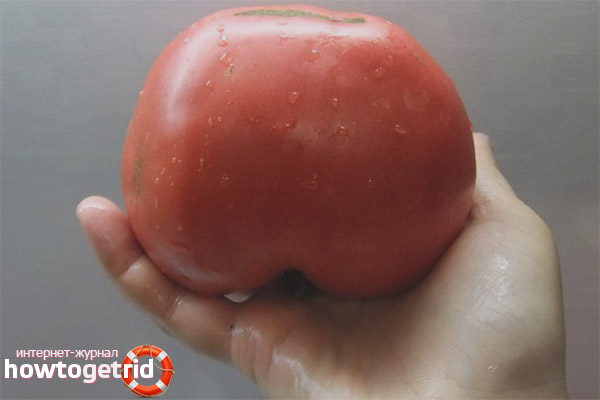
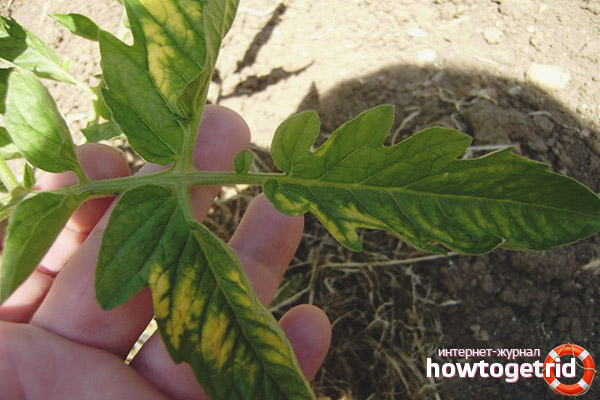
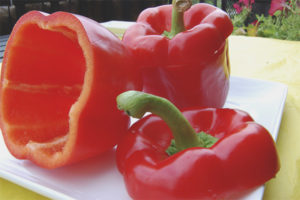
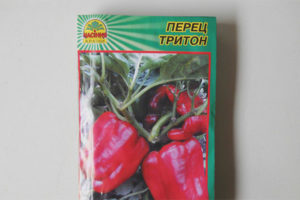
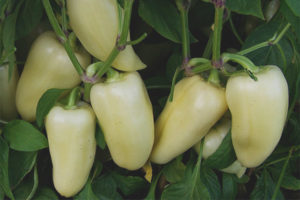

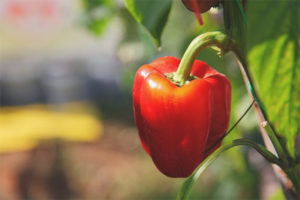
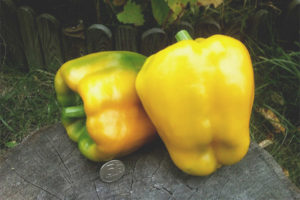
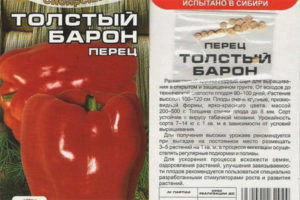
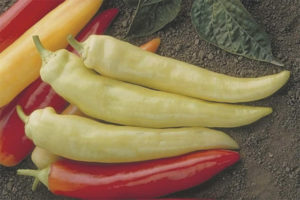
Submit